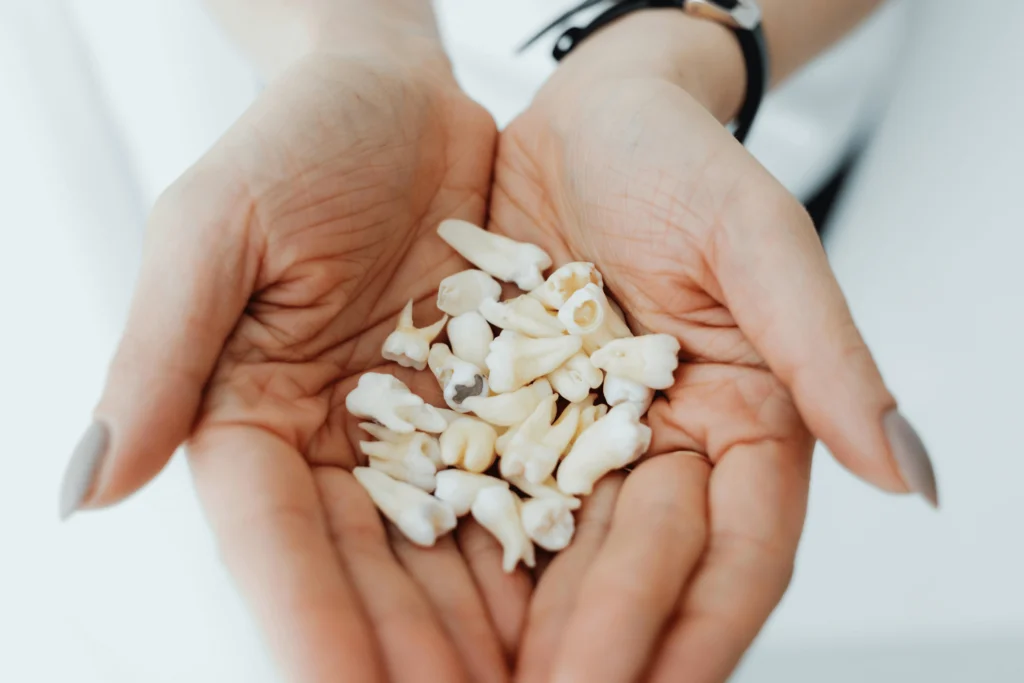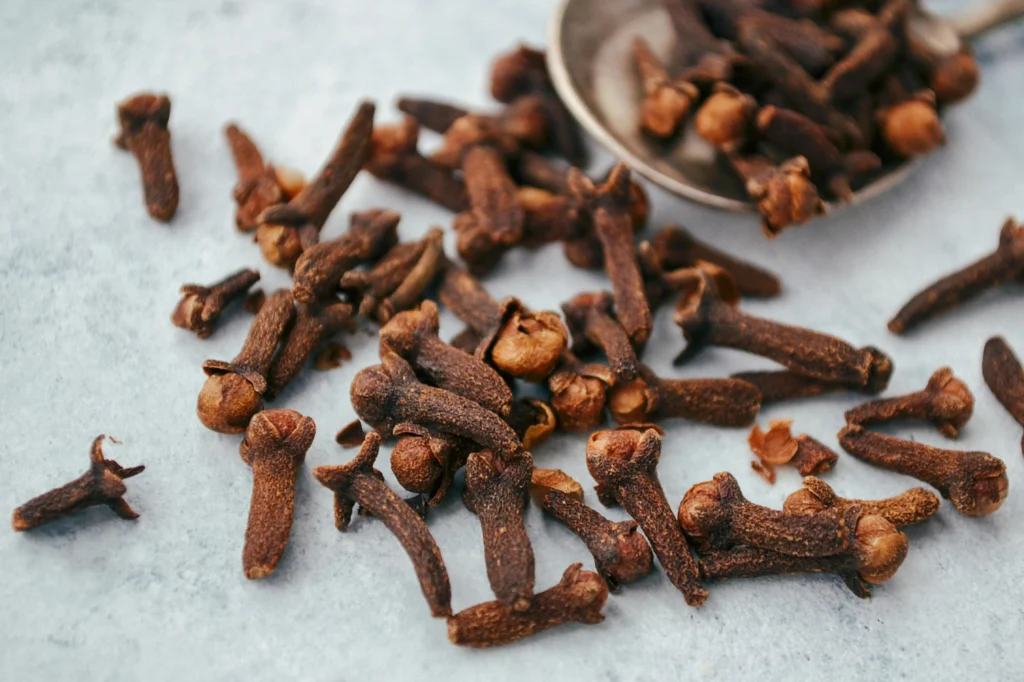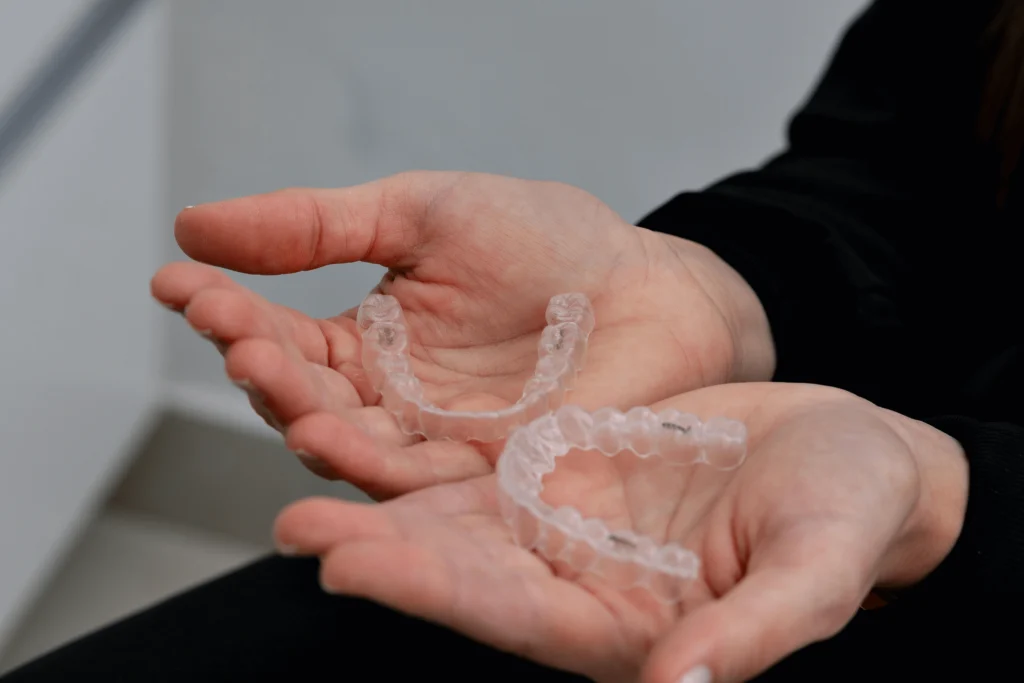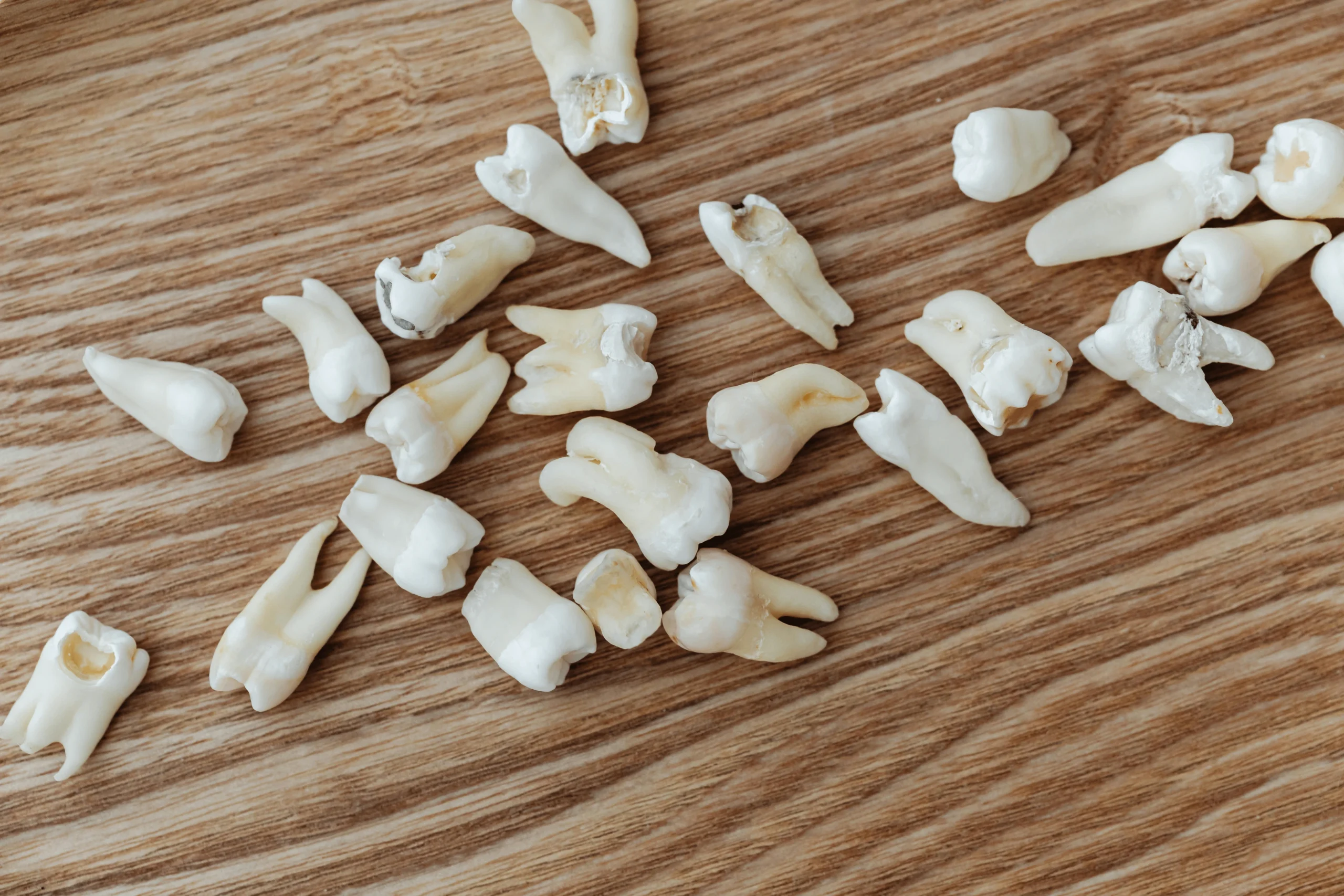Experiencing a cracked tooth can be painful, uncomfortable, and even alarming. Whether it’s caused by biting down on something hard, grinding your teeth, or an accidental injury, a cracked tooth demands immediate attention. While visiting a dentist is always recommended for serious cases, there are natural remedies that can help manage pain, reduce inflammation, and promote healing in the meantime. In this comprehensive guide, we’ll explore how to fix a cracked tooth naturally using home remedies, dietary adjustments, and expert dental tips—solutions that many dentists don’t emphasize but can make a real difference.
If you’re searching for how to fix a cracked tooth naturally and want to explore effective remedies that complement professional care, this guide is designed just for you. Let’s dive into actionable steps you can take today!

Understanding Cracked Teeth and Their Symptoms
Before we dive into solutions, it’s crucial to understand what cracked teeth are, why they occur, and how to identify them.
What Is a Cracked Tooth?
A cracked tooth refers to any fracture or break in the structure of a tooth. These cracks can range from superficial (craze lines) to deep fractures that affect the root and pulp. Depending on the severity, cracked teeth can cause varying levels of discomfort, sensitivity, and even infection if left untreated.
Common Causes of Cracked Teeth
Cracked teeth can result from several factors, including:
- Biting Down on Hard Objects: Chewing ice, nuts, popcorn kernels, or other hard foods can put excessive pressure on teeth, leading to fractures.
- Teeth Grinding (Bruxism): is a common cause of cracked teeth. According to the American Dental Association , stress and misaligned bites are major contributors to this condition.
- Trauma or Injury: Accidents such as falls, sports injuries, or blows to the face can cause sudden fractures.
- Large Fillings: Large fillings compromise the structural integrity of a tooth, making it more prone to cracking.
- Aging: As we age, our enamel naturally wears down, leaving teeth more vulnerable to damage.
Recognizing the Signs of a Cracked Tooth
Symptoms of a cracked tooth vary depending on the severity and location of the crack. Common signs include:
- Sharp Pain When Biting or Chewing: If you notice sharp pain while chewing or sensitivity to hot and cold foods, it could indicate a cracked tooth. The Mayo Clinic recommends seeking dental care promptly to prevent complications.
- Sensitivity to Hot, Cold, or Sweet Foods: Exposed nerves and dentin become hypersensitive to temperature changes and sugary substances.
- Swelling or Tenderness Around the Affected Area: Inflammation may develop if the crack leads to infection or irritation of surrounding tissues.
- Visible Cracks or Chips: In some cases, cracks are visible to the naked eye, especially on front teeth.
Why Natural Remedies Might Be Beneficial
While professional treatment is necessary for severe cracks, natural remedies offer several advantages:
- Affordability: Many natural treatments use ingredients already found at home, saving money on expensive medications.
- Quick Relief: Some remedies, like clove oil, provide almost instant pain relief.
- Holistic Approach: Natural methods focus on reducing inflammation, boosting immunity, and promoting overall oral health.
Understanding how to fix a cracked tooth naturally gives you the tools to alleviate discomfort and promote healing until you can see a dentist.

Proven Natural Remedies for Cracked Tooth Pain Relief
Now let’s explore effective, evidence-based remedies to alleviate pain and promote healing.
Clove Oil for Instant Pain Relief
Clove oil has been used for centuries as a natural remedy for toothaches. Research published in the Journal of Dentistry highlights its effectiveness in reducing pain and inflammation.
How to Use Clove Oil:
- Dilute 1-2 drops of clove oil with a carrier oil like coconut oil or olive oil.
- Soak a cotton swab in the mixture and apply it directly to the cracked tooth.
- Hold the swab against the affected area for a few minutes.
- Repeat as needed, but avoid overuse to prevent skin irritation.
Additional Tips:
- Perform a patch test before applying clove oil to ensure you’re not allergic.
- Store clove oil in a cool, dark place to maintain its potency.
Saltwater Rinse to Reduce Inflammation
A warm saltwater rinse is one of the simplest ways to cleanse your mouth and reduce bacteria. This method is endorsed by many dentists and is recommended by the Colgate Oral Care Center .
How to Make a Saltwater Rinse:
- Mix 1 teaspoon of salt in a glass of warm water.
- Swish the solution gently around the affected area for 30 seconds.
- Spit out the water and repeat twice daily.
Why It Works:
Saltwater creates an isotonic environment in your mouth, drawing out toxins and reducing swelling. It also helps maintain a clean oral cavity, minimizing the risk of infection.
Aloe Vera Gel for Soothing Effects
When exploring how to fix a cracked tooth naturally, aloe vera gel emerges as an excellent option due to its anti-inflammatory and antibacterial properties.
How to Use Aloe Vera Gel:
- Apply pure aloe vera gel directly to the cracked tooth and surrounding gums.
- Leave it on for 10-15 minutes before rinsing with water.
- Use this remedy up to three times per day for best results.
Important Note: Ensure the aloe vera gel is free of additives and preservatives for optimal safety. Look for products labeled “100% pure” or grow your own aloe plant at home.
Herbal Teas for Gentle Healing
Chamomile tea is well-known for its calming effects and anti-inflammatory properties. For more information on herbal remedies for oral health, check out this guide from the National Center for Complementary and Integrative Health .
Recommended Herbal Teas:
- Chamomile Tea: Known for its calming effects, chamomile reduces inflammation and promotes relaxation.
- Green Tea: Rich in antioxidants, green tea supports gum health and fights bacterial infections.
- Peppermint Tea: Provides a cooling sensation and freshens breath.
How to Use Herbal Teas:
- Brew your preferred tea according to package instructions.
- Allow the tea to cool slightly, then sip slowly or use it as a mouthwash.
- For external application, soak a cotton ball in cooled tea and press it against the affected area.
Coconut Oil Pulling for Oral Detoxification
Oil pulling is an ancient Ayurvedic practice that involves swishing oil in your mouth to remove toxins and improve oral health.
How to Perform Oil Pulling:
- Take 1 tablespoon of organic coconut oil and swish it in your mouth for 15-20 minutes.
- Spit out the oil into the trash (not the sink) to prevent clogging.
- Rinse your mouth thoroughly with water and brush your teeth as usual.
Benefits of Coconut Oil Pulling:
Coconut oil contains lauric acid, which has antimicrobial properties that kill harmful bacteria in the mouth. Regular oil pulling can reduce plaque buildup, freshen breath, and support overall oral hygiene.

Preventing Further Damage and Promoting Healing
Prevention is key to avoiding further complications with a cracked tooth. Follow these strategies to protect your smile.
Adjusting Your Diet for Better Dental Health
Your diet plays a critical role in oral health. Incorporating nutrient-rich foods can strengthen teeth and accelerate healing.
Foods That Support Dental Health:
- Calcium-Rich Foods: Milk, cheese, yogurt, spinach, kale, and almonds.
- Vitamin C Sources: Oranges, strawberries, bell peppers, kiwis, and broccoli.
- Omega-3 Fatty Acids: Salmon, walnuts, flaxseeds, chia seeds, and sardines.
- Magnesium-Rich Foods: Bananas, avocados, dark chocolate, and legumes.
Foods to Avoid:
- Sticky candies (e.g., caramels, gummies)
- Sugary drinks (e.g., soda, energy drinks)
- Hard foods (e.g., ice, popcorn kernels)
Using Herbal Supplements for Overall Wellness
Turmeric contains curcumin, a powerful anti-inflammatory compound that can aid in healing. Learn more about turmeric’s benefits for oral health from the Healthline website .
Top Herbal Supplements for Dental Health:
- Turmeric: Contains curcumin, a powerful anti-inflammatory agent that reduces swelling and pain.
- Echinacea: Boosts immunity and aids in fighting off infections.
- Collagen Supplements: Strengthens connective tissues and bones, promoting long-term dental health.
- Vitamin D: Enhances calcium absorption, ensuring strong teeth and bones.
Safety Precautions:
Consult your healthcare provider before starting any new supplement regimen, especially if you have pre-existing medical conditions or are taking medications.
Maintaining Good Oral Hygiene Practices
Proper hygiene minimizes the risk of infection and accelerates healing.
Best Practices for Oral Hygiene:
- Brush twice daily with a soft-bristled brush to avoid irritating the cracked tooth.
- Floss carefully around the affected area to remove debris and prevent food particles from lodging in the crack.
- Use fluoride-based mouthwash to strengthen enamel and kill bacteria.
- Consider using an electric toothbrush for more effective cleaning.

Expert Dental Tips for Managing Cracked Teeth
While dentists focus on professional treatments, understanding how to fix a cracked tooth naturally allows you to take proactive steps toward managing your dental health.
Protect Your Teeth with Mouthguards
If you grind your teeth at night (bruxism), wearing a custom-fitted mouthguard can prevent further damage. Mouthguards act as a barrier between upper and lower teeth, reducing pressure and protecting fragile structures.
Where to Get a Mouthguard:
- Visit your dentist for a professionally made mouthguard tailored to your bite.
- Alternatively, purchase over-the-counter options and mold them at home.
Address Underlying Issues Like Bruxism
Identifying and treating the root cause of cracked teeth is vital for preventing recurrence. If bruxism is contributing to your condition, consider the following solutions:
- Practice stress management techniques like meditation, yoga, or deep breathing exercises.
- Limit caffeine and alcohol intake, as they can exacerbate grinding tendencies.
- Consult your dentist about orthodontic adjustments or occlusal therapy.
Schedule Regular Dental Checkups
Regular visits to the dentist allow for early detection and treatment of potential issues. During checkups, your dentist can identify minor cracks before they worsen and recommend appropriate interventions.
FAQs Section (People Also Ask)
To address common questions about fixing a cracked tooth naturally, here’s a helpful FAQ section:
Can a Cracked Tooth Heal Itself Naturally?
Minor cracks (craze lines) may heal on their own, but deeper fractures require professional attention. Natural remedies can aid healing and relieve symptoms while you seek treatment.
What Should I Do if My Cracked Tooth Hurts?
For immediate relief, try clove oil, saltwater rinses, or over-the-counter pain relievers. Avoid chewing on the affected side and visit a dentist as soon as possible.
Is It Safe to Use Home Remedies for a Cracked Tooth?
Yes, when used correctly, home remedies are safe and effective for managing mild discomfort. However, they should not replace professional care for severe cases.
When Should I See a Dentist for a Cracked Tooth?
Seek emergency dental care if you experience intense pain, swelling, or difficulty eating. Early intervention prevents further damage and complications.
Can Diet Alone Help Fix a Cracked Tooth?
While diet cannot repair a cracked tooth, it can support overall oral health and promote healing. Combining a nutritious diet with proper hygiene and natural remedies yields the best results.
Fixing a cracked tooth naturally requires a combination of remedies, preventive measures, and expert guidance. By incorporating natural treatments like clove oil, saltwater rinses, and aloe vera gel, you can manage pain and promote healing until you see a dentist. Additionally, adjusting your diet, maintaining good oral hygiene, and addressing underlying issues like bruxism can prevent future problems.
At Tooth Talk Daily, our goal is to empower you with knowledge and practical solutions for better oral health. Have you tried any of these natural remedies for a cracked tooth? Share your experience in the comments below! And remember, while these methods can provide temporary relief, consulting a dentist ensures lasting results. Schedule an appointment today to safeguard your smile.

